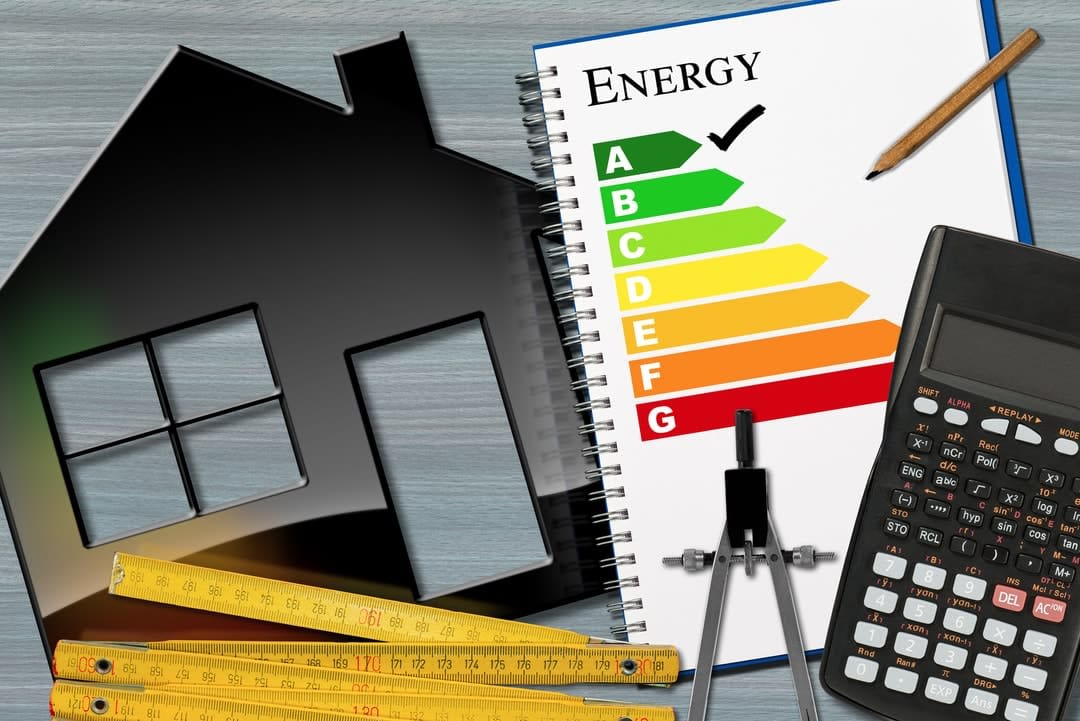
Household electricity use has gone up during the past months, and while continuing to physically self-isolating from work, family and friends to “flatten the curve”, for many of us there is an underlying question: “What will my household energy bill look like in the coming months to feel comfortable working from home?”
Using the concept of “energy justice” we can frame our responses to the wider question of consumer vulnerability.
The concept emerged in Europe with the concern that “no one should be unable to heat their home or cook their food”. Its framework has eight principles:
- Availability underpins the community’s right to high-quality energy
- Affordability is related to access to energy for basic heating and cooking needs
- Intra- and inter-generational equity recognises fairness in current energy services, and for the future, the right to a life undisturbed by current energy systems damage
- Sustainability is a key objective of natural resource extractive activities
- Due process is about respecting human rights in the production and use of energy
- Transparency and accountability about energy is a community right
- Responsibility is the requirement to protect the natural environment
Below, Monash Energy Institute researchers Dr Diane Kraal, Dr Larissa Nicholls, Dr Roger Dargaville and Dr Ron Ben-David discuss how the principles of energy justice can inform an equitable response to the higher energy use by e-workers and the newly unemployed.
A time of vulnerability and change
Dr Larissa Nicholls is a senior research fellow with the Monash University Emerging Technologies Research Lab. She's seen many types of households struggling to afford energy bills, including during her research into hidden energy poverty for the Victorian Council of Social Service.
She expects many more households to face financial hardship and discomfort at home this winter.
“Many ‘non-essential’ places have been shut down for a long period, eliminating one of the resourceful avenues households with cost concerns use to keep their energy usage down and spirits up,” she said.
“They have not been able to go to a warm library, shower at the community centre, or spend the day volunteering at their local opportunity shop. At home all day, every day has meant more rooms heated with energy-hungry appliances – more kettles boiled, more lighting, and more screens running”.
Dr Nicholls is also concerned about the health and wellbeing of these vulnerable households that avoid using heating to ensure their electricity isn't cut off when they cannot pay the bills.
“Many households facing bigger winter bills and lower income will just battle on, with unhealthy self-rationing of energy, particularly for older people and people living alone,” she said.
“But keeping warm is important to fight off viruses, and manage the potential stress of a long period of confinement on mental health and wellbeing.”
Dr Nicholls says an initiative such as a "home energy for health" pandemic supplement could encourage households to prioritise health and wellbeing this winter.
“In the longer term, we need initiatives to install much more efficient heating (or cooling) technologies in the most vulnerable households.”
Fairness in current and future energy services
Dr Ron Ben-David is a professorial fellow at the Monash Sustainable Development Institute and the Faculty of Business and Economics, and former chair of the Victorian Essential Services Commission (VESC).
In his VESC role, he's led reforms to provide Victorian energy customers facing payment difficulty with an unconditional entitlement to assistance from their energy provider, including:
- getting advice on how to reduce energy costs
- accessing state concessions and utility relief grants
- putting in place payment arrangements that work for the customer
- being put on the tariff that can be expected to reduce energy bills, and
- deferring by at least six months full payment of their energy bills and repayment of any arrears.
“Customers have access to these measures, no questions asked,” he said. “While the energy market was designed with a focus on competition and efficiency, not enough attention was paid to ensuring its fairness for all consumers.”
According to Dr Ben-David, the social and legal licences under which energy companies operate need to be rewritten to reflect properly that energy is an essential service.
“It’s time we recognised that energy companies have a duty of care to the customers they seek to attract in the competitive market.”
Energy justice for e-workers and newly unemployed
The energy justice principles of "due process" and "transparency" help to focus on what e-workers, e-teachers, e-learners and the newly unemployed were, or are still, forced to address during COVID-19.
Dr Diane Kraal, a senior lecturer in Monash's Department of Business Law and Taxation, says: “There may be short-term solutions to address higher home heating bills, such as bill-smoothing negotiation with energy providers.

“The concept of energy justice requires us to consider the economic, political and environmental aspects of energy. All three are referred to as the trilemma of competing aims. All levels of government need to step up their policies in relation to energy accountability.”
“In Australia, we're still debating the preferencing of job-enhancing extraction of fossil fuels over renewable energy. The principle of ‘responsibility’ or requirement to protect the natural environment also needs to be addressed, like the impact on the environment of GHG emissions from the energy industry.
“In the long-term, energy justice demands that the Australian community has a right for a more equitable return from its gas resources. Australian gas [off WA] is mainly exported and barely taxed through the petroleum resource rent tax [PRRT] regime. The gas industry is increasing, rather than decreasing its GHG emissions.”
Saving energy is saving money?
While central heating is great at keeping the entire house warm, just heating the room you're using could be better financially and environmentally. Energy availability, affordability and sustainability are at the centre of the debate with many employees and students working and studying from home.
Dr Roger Dargaville, a senior lecturer in resources engineering, says that “the biggest consumers of electricity and gas in our homes are the appliances that generate heat, such as space and water heaters”.
“The biggest users of electricity are resistive heaters (bar heaters, fan heaters, and so-called oil heaters that actually use electricity), so the use of these should be reduced if possible.
“This can be achieved by only heating living spaces, keeping curtains drawn at night-time, and reducing drafts. Older appliances like TVs and refrigerators tend to be less efficient compared to the newest models, so, if they're getting old, and you’re able, consider an update.
“If you have a reverse-cycle air-conditioner, then it’s the most efficient way to heat your home. When the weather cools down, switch the mode over to heating, and you’ll get three to four times more heat for the same amount of electricity consumed compared to a resistive heater.
“An air conditioner is a 'heat pump'. It works by compressing a gas, making it hot, and releasing that heat into your home. The heat pump then moves that gas outside and allows it to expand and cool, dumping the ‘cold’ away from your living room. Because it’s moving heat around rather than creating it, the air-conditioner is much more efficient.”





